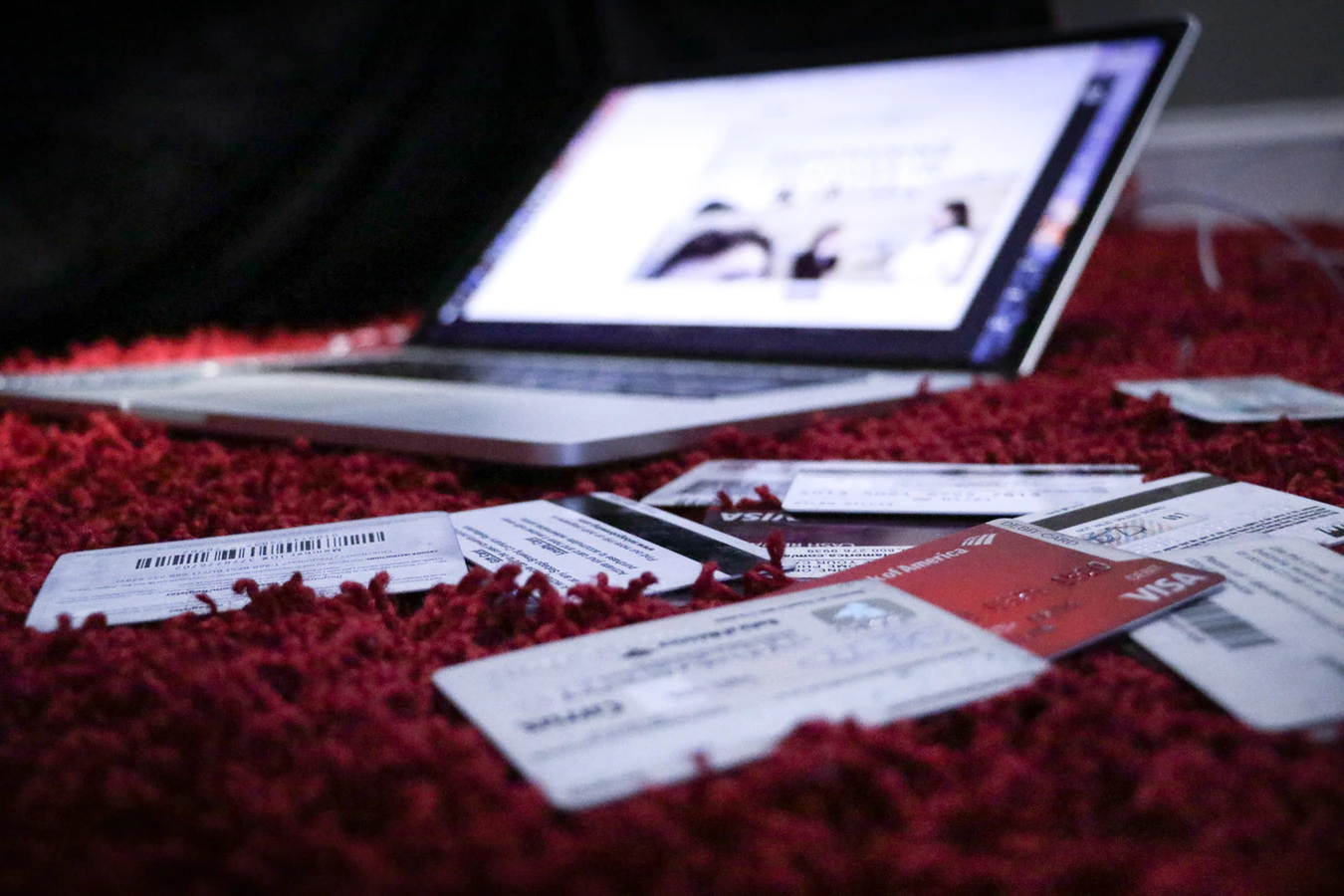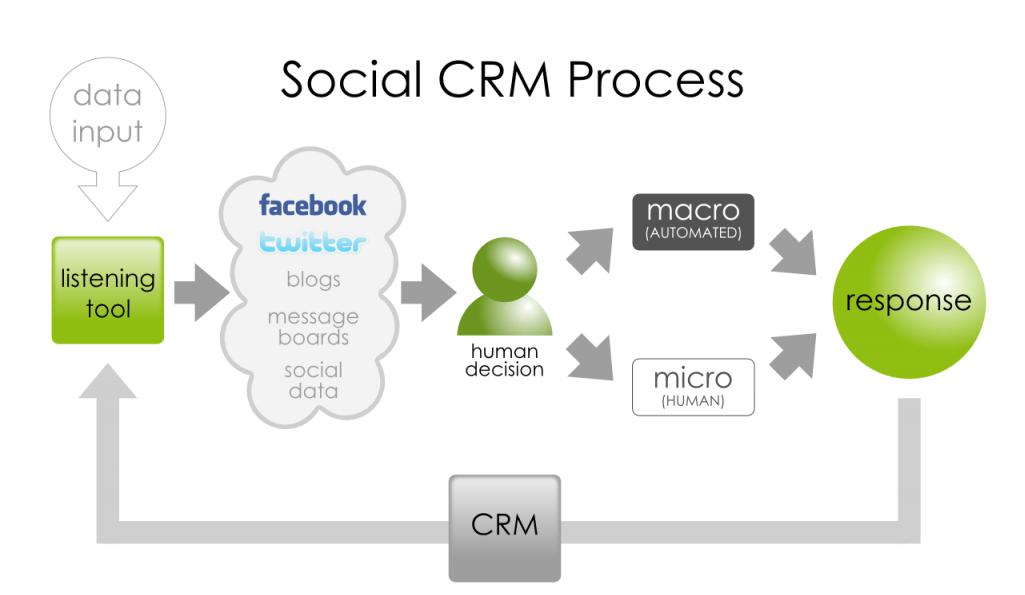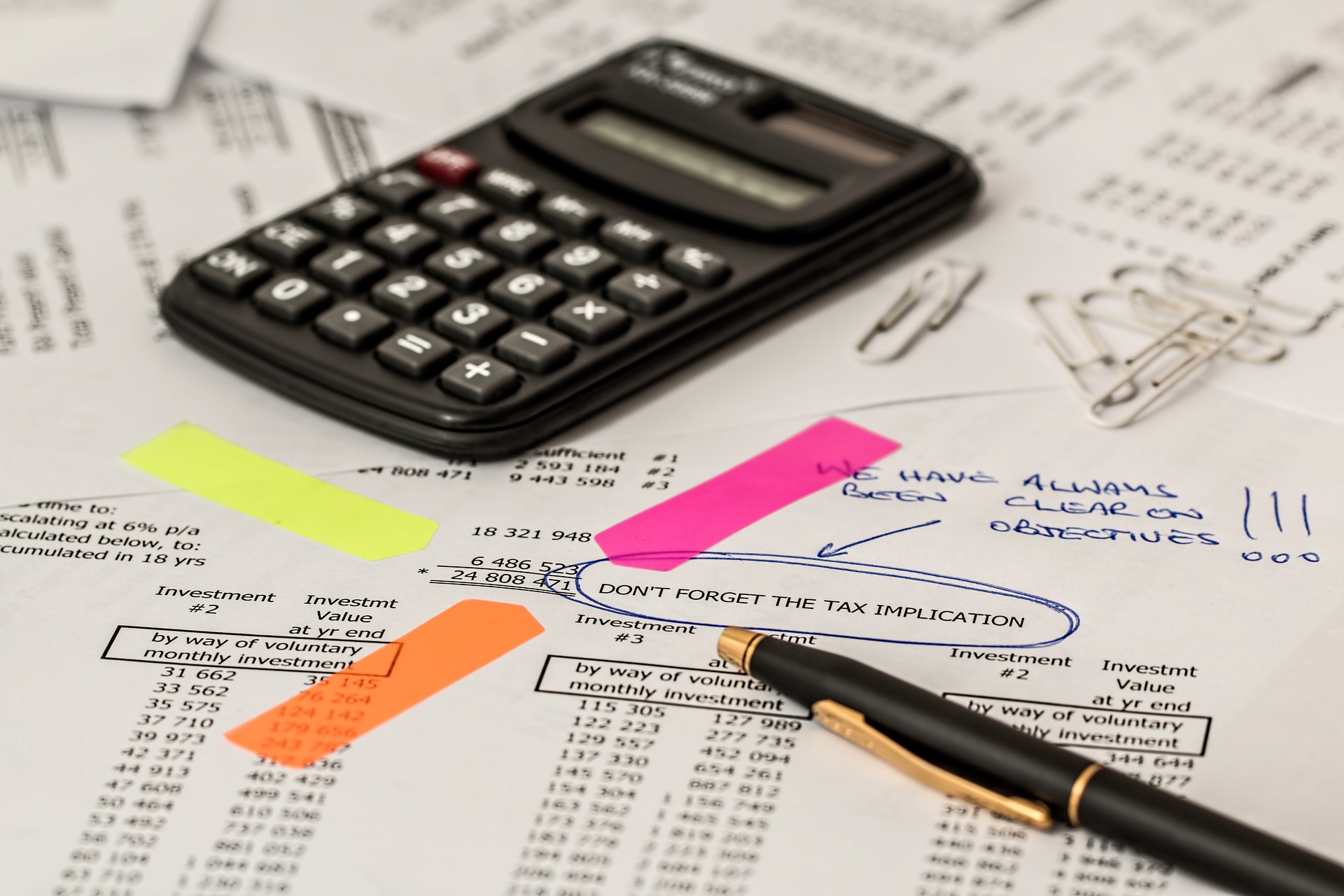
If you feel like all your ships have sunk and there is no serious financial gain in the near future that will help you pay off all the bills and loans, then filing for bankruptcy might be your only option. Although this is a dreaded proposition to many, sometimes there is no other way out. Even though drastic, this move, when made at the right time, can stop you from spiraling downwards and make the whole situation clearer.
However, it’s not without its consequences. It will affect your credit score for a prolonged time period which in turn can make something like buying a house or a car much more difficult in the future. It can also raise the rates you pay for your insurance and it might even present itself as an obstacle in finding a new job.Given all this information, it’s important to know when is the right time to throw in the towel and face the music.
Here’s what you need to know if you’re thinking about taking this step.
What Types of Bankruptcy Are There?
There are 6 different types that are defined by the federal law. Individuals generally file for either Chapter 7 or Chapter 13 while businesses are most of the time opting for Chapter 11 bankruptcy.
When it comes to Chapter 7, also known as liquidation, a court trustee will be appointed to sell part of your material goods to pay off the creditors. After that’s settled, your debt will be considered repaid. When filing for bankruptcy, you should list some things as exempt. These can include cars, clothing, tools you use in your work, and pensions, among other things.
On the other hand, Chapter 13 doesn’t mean liquidation, it’s a repayment plan approved by the court. This process lasts between 3 and 5 years. If you’re able to keep up with the payments, you will be able to eliminate the part of your debt or even all of it. What’s also important, you will not lose your home as long as you don’t fall behind the agreed schedule.
The Filing Process
This procedure is not easy and will take a significant amount of your time as you need to complete certain legal steps before you even submit the documents. First, you need to complete a credit counseling session. The counselor you meet will evaluate your situation, advise you with debt management, and also inform you about alternative courses of action. After you finish your meeting, you will get a certificate that you will file with your bankruptcy petition.
Aside from petition, you will also have to submit financial documents where the status of your income, debts, and assets is clearly stated. Also, necessary is a means test form which is used to determine if an individual is eligible (has a low enough income) for Chapter 7. If that’s not the case, you can simply opt in for Chapter 13. There is also a filing fee but if you can prove you can’t afford it, you will not be required to pay it.

Given the complexity of the procedure, hiring a legal representative would not be a bad idea. However, you should keep in mind that just having a lawyer is not enough. As professionals from San Diego bankruptcy services explain, you should opt for an experienced attorney that has been through a lot of bankruptcy cases. Good lawyers are not only those that win cases, but those that explain to you the stages of this process and what will be required of you. This way, you will know in advance what you’ll have to face moving forward.
What Happens After the Documents Are Filed?
You will get a trustee that will handle your case. He or she will inform your creditors about your actions and will arrange the meeting with them. This will allow them the opportunity to get informed about your financial situation and see if you have any plan of replaying them. A bankruptcy judge will decide who your case should be handled based on the data you provided the court with. If the situation is not too complicated, the chances are you will not have to even appear in front of a judge.
Before the final decision has been made, you will have to take a debtor education course. There you will get lessons on proper budgeting and money management. This is obligatory and you will have to obtain a certificate as a prof that will be submitted to the court. If a decision is made in your favor and depending on the Chapter you filed for, you will get your debt discharged or your repayment plan approved.
What Are the Consequences?
Your credit score will be seriously affected by this process. Chapter 7 bankruptcy will stay on your record for the next 10 years, while 13 will be there for about seven. Your score can drop significantly. If you were over 700, it can go down for 100-200 points while those who had scored under 700 will probably be affected with 75-150 drop. There is a good chance you will have problems getting certain loans or will be obliged to pay higher interest rates.
Also, you need to be aware that all this information about your financial situation is accessible to the public. This means that members of your family, employers, as well as clients can see how much money you owed and to whom.
When you take all this into consideration, getting back on your feet might not be easy even if all of your debt gets discharged. That’s why it’s important to start implementing a good financial strategy immediately.
Filing for bankruptcy is a decision that shouldn’t be taken lightly. It’s a complex procedure that involves a lot of legal and financial documentation. Remember, if it’s determined that you have tried to hide your assets or commit a fraud, not only will your case be dismissed but you will also face criminal prosecution.
Although individuals are not required to have an attorney for this process to take place, it’s still strongly advised. The whole experience can be rather overwhelming and having someone experienced in your corner who will guide you through the procedure will make the things a bit easier.









